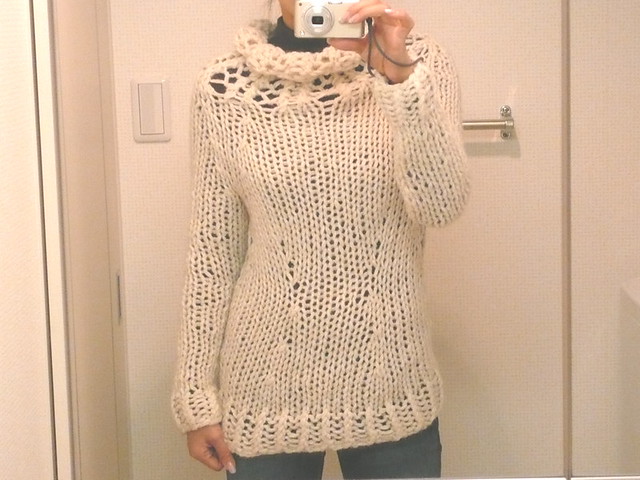Things have been kind of heavy around here lately, so I want to lighten things up a bit.
My favorite author since discovering the Kindle app on my phone has been Cameron Jace. His deliciously twisted versions of fairy tales and children's characters are wonderfully turned stories that delight and enchant in a wicked, fun way. They're like beach reading - only instead of crappy, formulaic stories, they're light, fun, and keep you enthralled until the big finish.
I mean, look at his bio:
"Wonderlander, Neverlander, Unicorn-chaser, enchanter, musician, survived a coma, & totally awesome. Sometimes I tell stories. Always luv the little monsters I write young adult paranormal romance, urban fantasy, and science fiction mostly. The Grimm Diaries series is a seven book saga that deals with retellings of fairy tales from a young adult POV - it connects most of the fairy tales together and claims to be the truth about fairy tales. I live in San Fransisco and seriously think circles are way cooler than triangles."
Does that sound like a guy who writes every day stories? I think not.
He just released a new book called Insanity about Alice (of the Wonderland fame). Yes, we've had some Alice stories before, but this one is different. Just read the synapsis to be sure:
"After accidentally killing everyone in her class, Alice Wonder is now a patient in the Radcliffe Lunatic Asylum. No one doubts her insanity. Only a hookah-smoking professor believes otherwise; that he can prove her sanity by decoding Lewis Carroll’s paintings, photographs, and find Wonderland’s real whereabouts. Professor Caterpillar persuades the asylum that Alice can save lives and catch the wonderland monsters now reincarnated in modern day criminals. In order to do so, Alice leads a double life: an Oxford university student by day, a mad girl in an asylum by night. The line between sanity and insanity thins when she meets Jack Diamond, an arrogant college student who believes that nonsense is an actual science."
Brilliant, right? A different stage in the Alice story, and a fun version of the life that Alice leads. And yes, it is different than Once Upon A Time In Wonderland, I can assure you! Read the Goodreads page if you don't believe me: https://www.
So to celebrate Christmas and my favorite author, I'm starting a giveaway. Anyone who comments below is entered to win a free copy of Insanity, provided graciously by the Author, and I'll use a random number generator to make the winner selection.
And, you can also get an entry into the grand prize drawing by filling out the info below. The author is giving away a Kindle Fire, more free ebooks, and $10 gift cards from Amazon. How cool is that?
Now to add the legal details: yes, I was asked to do this blog entry and provided with a copy of the ebook to give away, but that in now way had any effect on me, because I already thought Cameron's writing was kickass and would have done one about the release anyway. And I love giving other people's stuff away!
So whether you be Christian, Jewish, Muslim, Jedi, Wiccan, something different or none of the above, I'm hoping you enter the Insanity contests and have something merry to celebrate this Christmas! Don't forget, anyone who comments below is entered to win a free copy of Insanity, provided graciously by the Author, and I'll use a random number generator to make the winner selection.












